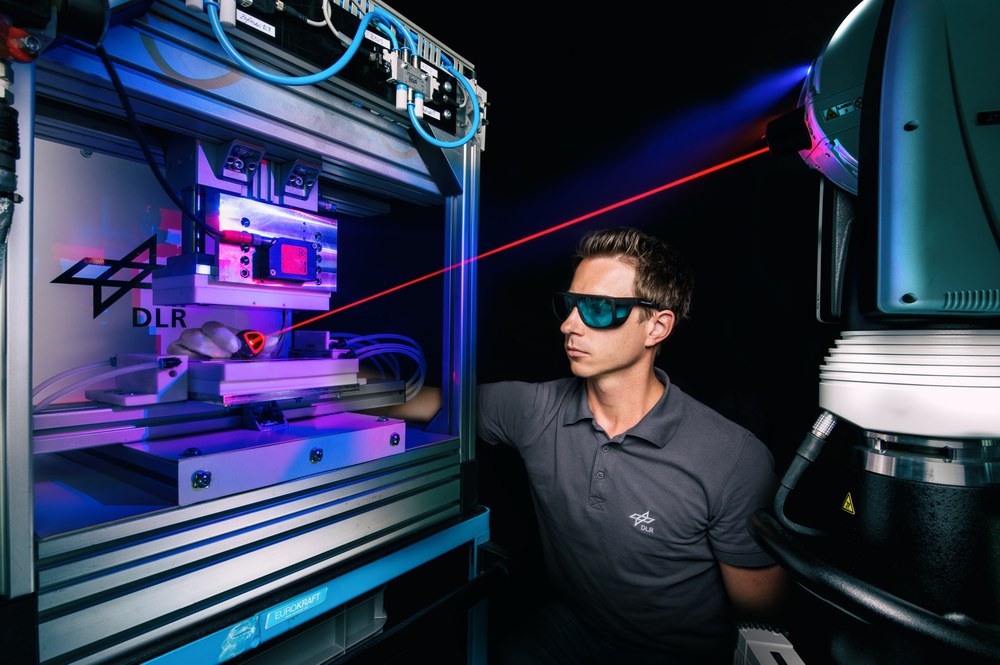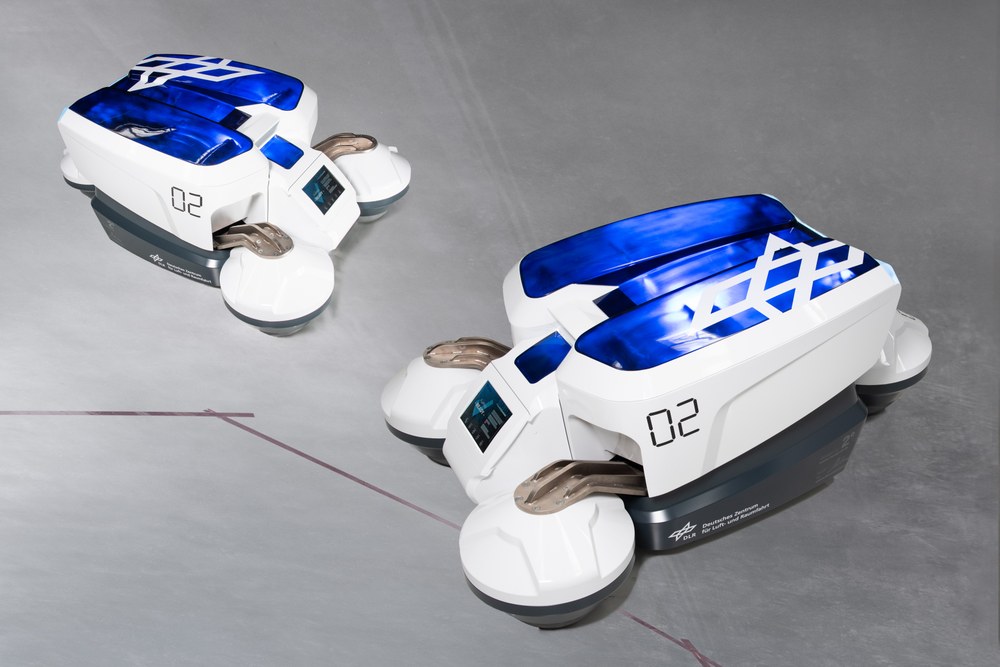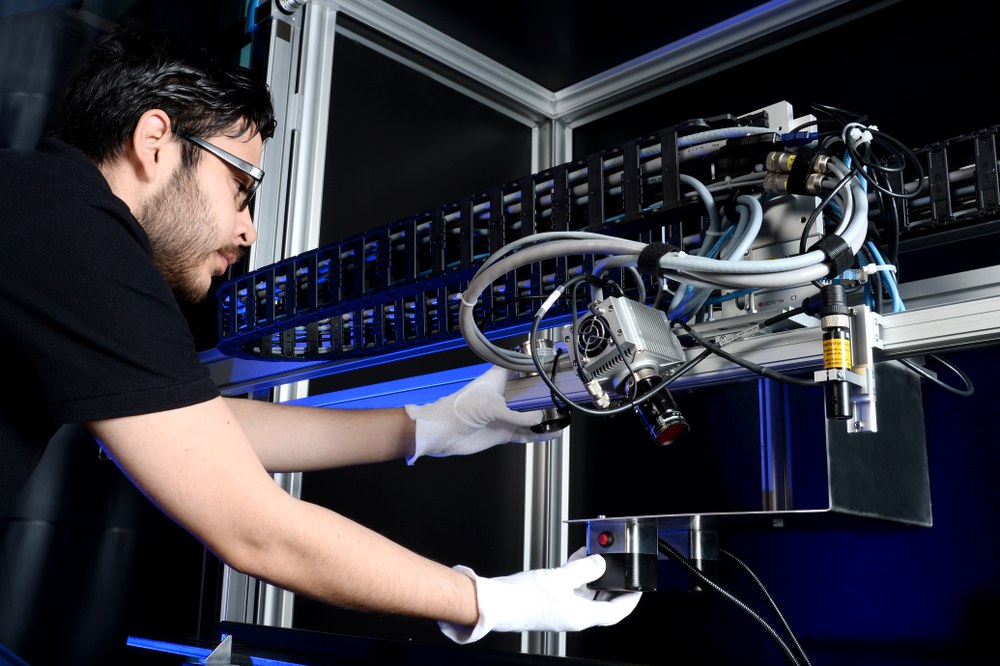Research groups ZLP Stade
At the ZLP Stade site, agile working methods are used, which represent a dynamic and adaptable approach to tackling complex problems and developing innovative solutions. The flexibility of agile processes allows research groups to react quickly to new findings and adapt their working methods accordingly. Agile teams follow an iterative approach that allows them to work continuously on small incremental steps, focusing on prioritising tasks and maximising research benefits. This flexibility is particularly valuable in a changing research environment where unforeseen challenges and opportunities can arise.
Another key benefit of agile working methods, according to the scientists at the ZLP Stade site, is their ability to improve collaboration and communication within the research team. By regularly exchanging feedback, barriers are broken down and the team can work together more effectively. This close collaboration not only helps to solve complex problems, but also promotes creativity and innovation as different perspectives and ideas flow together. Overall, agile working methods in research enable greater efficiency, faster results and continuous improvement of the research process, which ultimately leads to greater scientific progress and the development of innovative solutions.
In the past, specific research topics were worked on in specialised groups at the Stade site of the ZLP. These specialist groups were the foundation of expertise and played a key role in shaping research priorities. Today, these former specialist groups reflect the research areas that characterise the expertise of the ZLP site in Stade.





